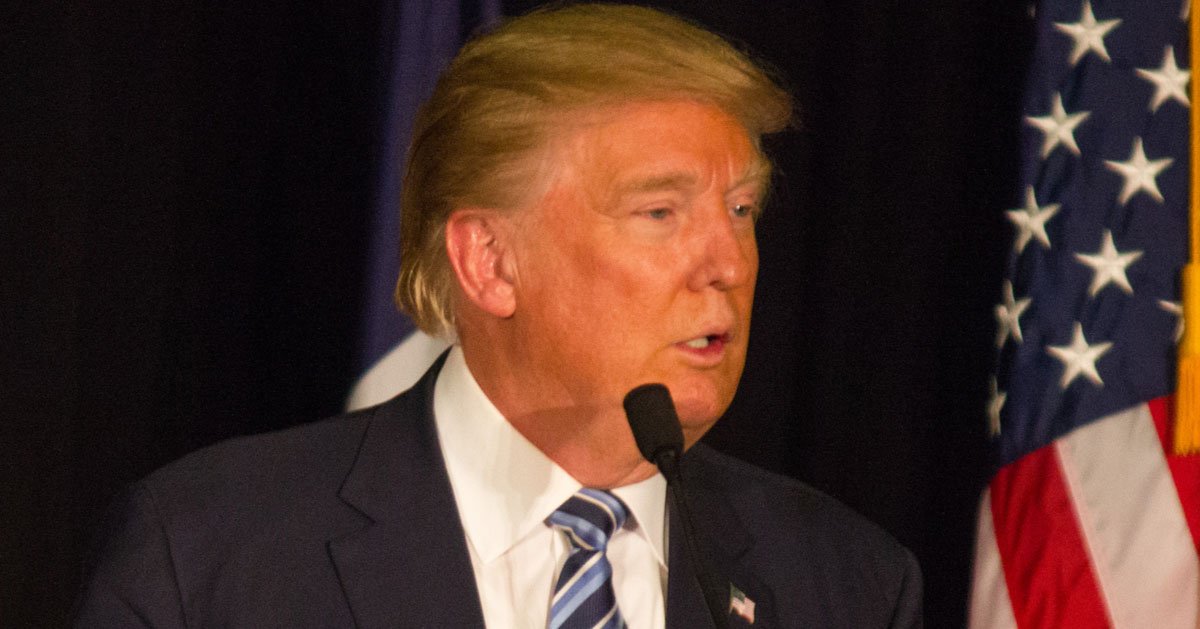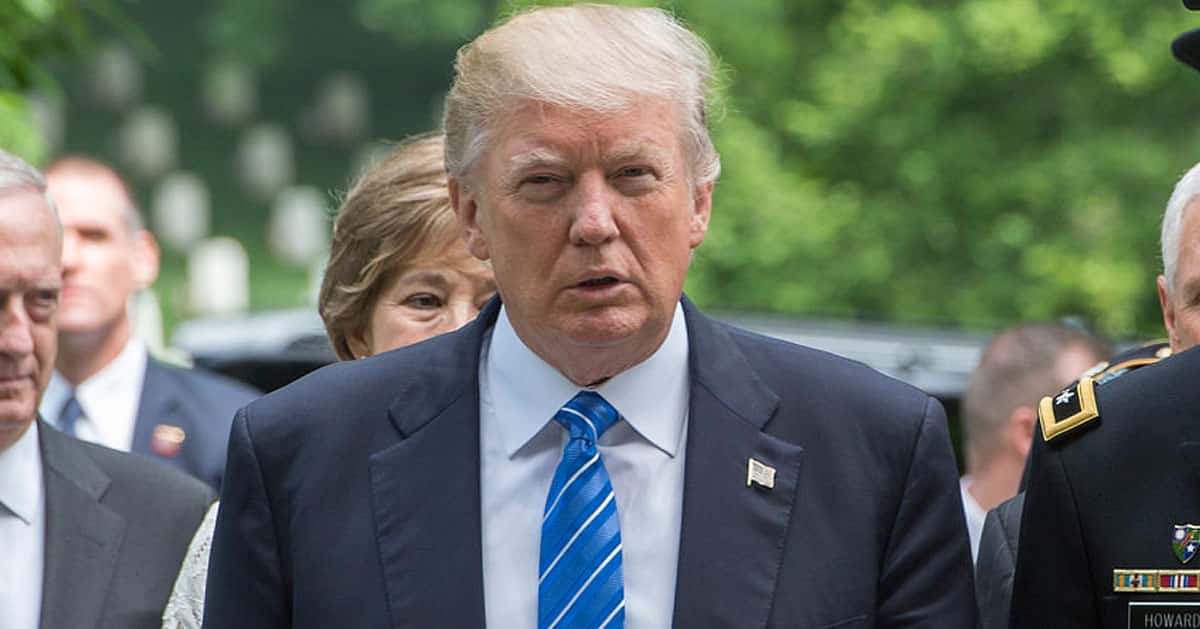





Rep. Jasmine Crockett’s bold claim that Trump supporters fuel all U.S. political violence has sparked a firestorm of debate.
Breitbart reported that on a podcast with Hasan Minhaj, the Texas Democrat pointed fingers at MAGA, ignoring a complex reality. Her words demand scrutiny, as they sidestep inconvenient truths about violence from other political corners.
Crockett asserted that Trump supporters are behind every act of political violence, including two assassination attempts on President Trump.
No evidence ties these attempts to MAGA, yet she doubled down on the narrative. This sweeping generalization paints a movement with a broad brush, dismissing nuance.
“Violence doesn’t come from Democrats,” Crockett declared on the podcast. Her certainty crumbles under the weight of facts, as she conveniently omits left-leaning violence. Such selective memory undermines her credibility and fuels division.
The first assassination attempt, by Thomas Matthew Crooks in Pennsylvania, carries no clear political motive. Investigators have found no ties to MAGA or any ideology. Crockett’s assertion that Trump supporters are responsible lacks a shred of proof.
The second attempt, allegedly by Ryan Wesley Routh, further exposes her claim’s fragility. Routh backed Sen. Bernie Sanders in 2020, aligning with progressive ideals, not MAGA. Crockett’s narrative ignores this, cherry-picking facts to fit her story.
Her podcast appearance offered no data to back her accusations. By pinning all violence on Trump supporters, she sidesteps accountability for other groups. This one-sided rhetoric risks inflaming tensions rather than fostering understanding.
Crockett stayed silent on documented violence by hard-left groups. Incidents tied to Black Lives Matter, abortion rights activism, and anti-ICE operations contradict her claim. Her omission suggests a deliberate blind spot, weakening her argument.
A recent attack on an ICE facility in Texas, the Prairieland Detention Center, underscores this hypocrisy. Ten individuals, dressed in black military-style gear, were charged with attempted murder after targeting federal agents. Crockett’s failure to address such events raises questions about her objectivity.
The Texas assailants fired fireworks at the facility and sprayed graffiti with messages like “FIGHT ICE TERROR WITH CLASS WAR!”
Their politically charged fliers and coordinated tactics point to ideological motives, yet Crockett ignores them. This selective outrage distorts the broader picture of political violence.
The Prairieland attack was meticulously planned, with assailants wielding AR-style rifles and wearing body armor.
One defendant shot an Alvarado police officer in the neck, while another fired 20 to 30 rounds at unarmed correctional officers. Such brazen violence demands attention, regardless of political leanings.
Law enforcement found twelve sets of body armor and two-way radios among the group. Vehicles and the facility’s parking lot bore graffiti, including calls to “FREE ALL POLITICAL PRISONERS.” These details reveal a calculated assault, not a spontaneous outburst.
The assailants fled but were swiftly apprehended by additional officers. Their arsenal and gear suggest a level of organization that rivals any MAGA-related incident Crockett might cite. Her silence on this attack speaks louder than her podcast claims.
Crockett’s blanket condemnation of MAGA ignores the complexity of political violence. By focusing solely on Trump supporters, she dismisses incidents that don’t fit her narrative. This approach fuels polarization, not solutions.



